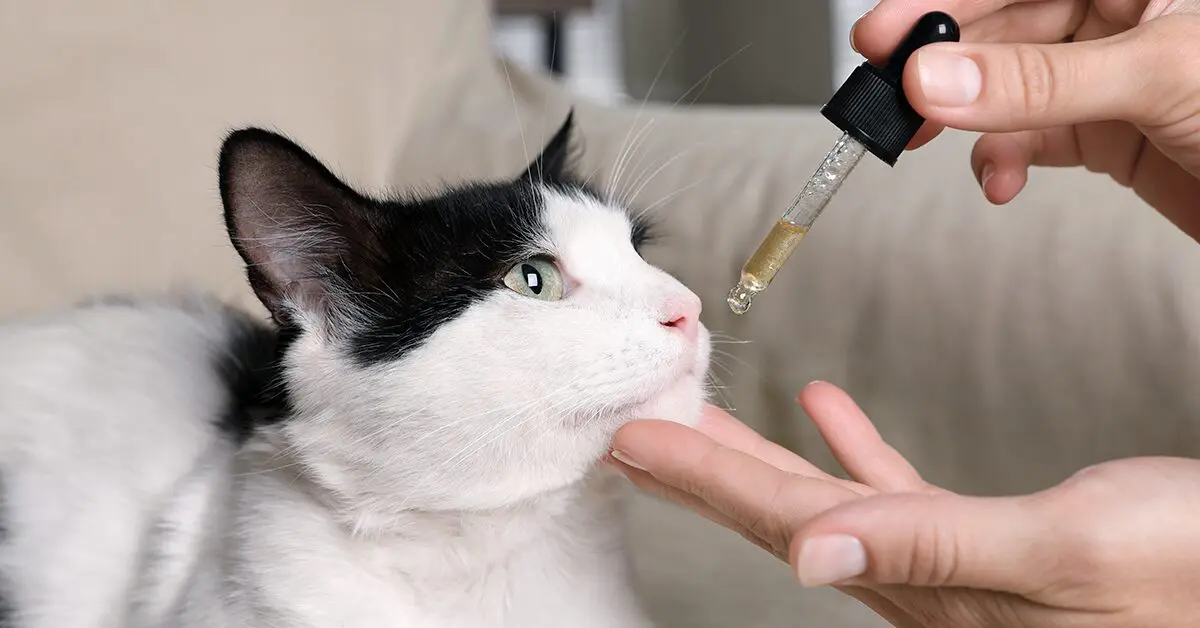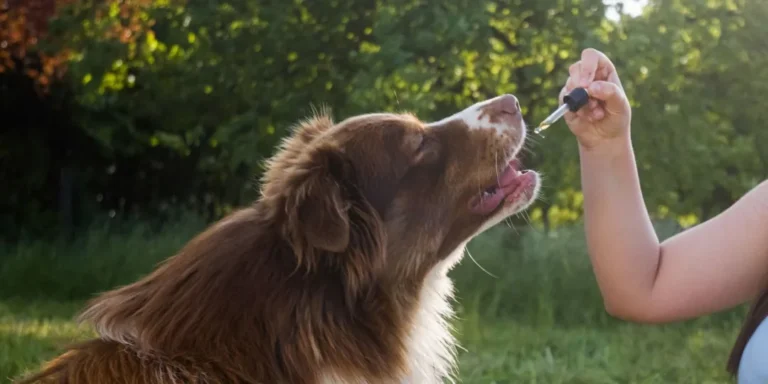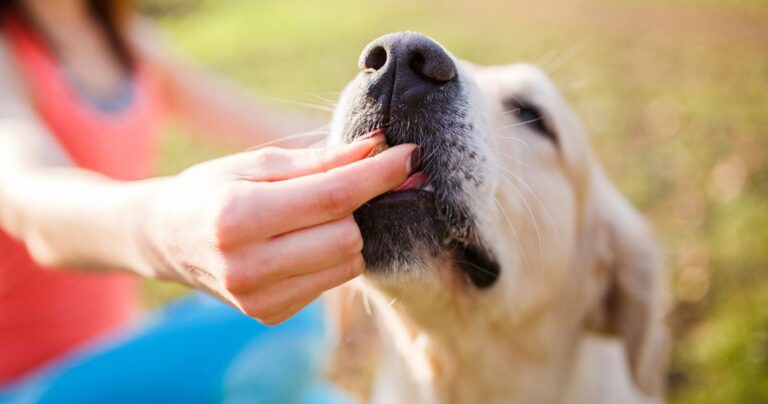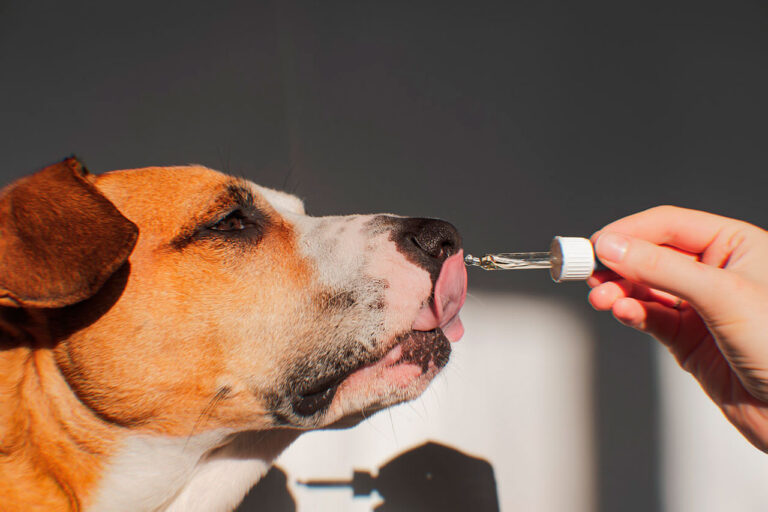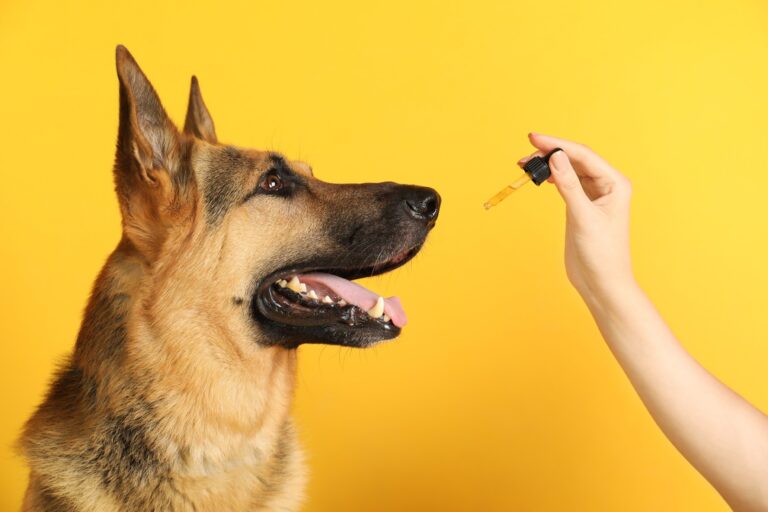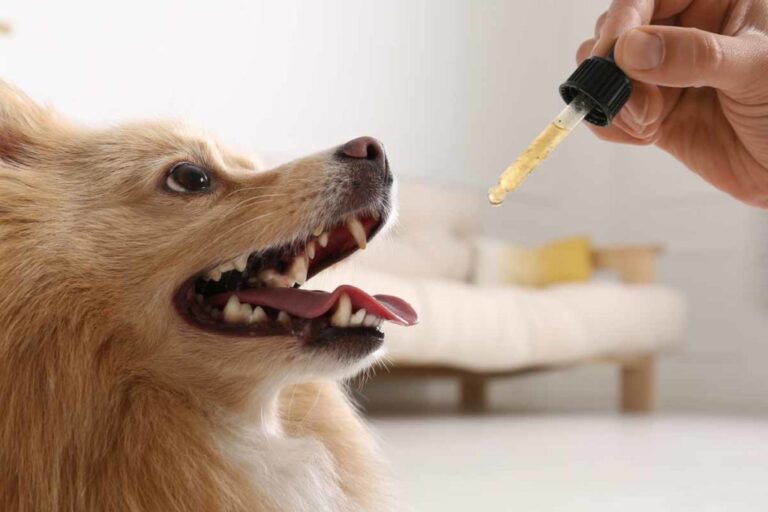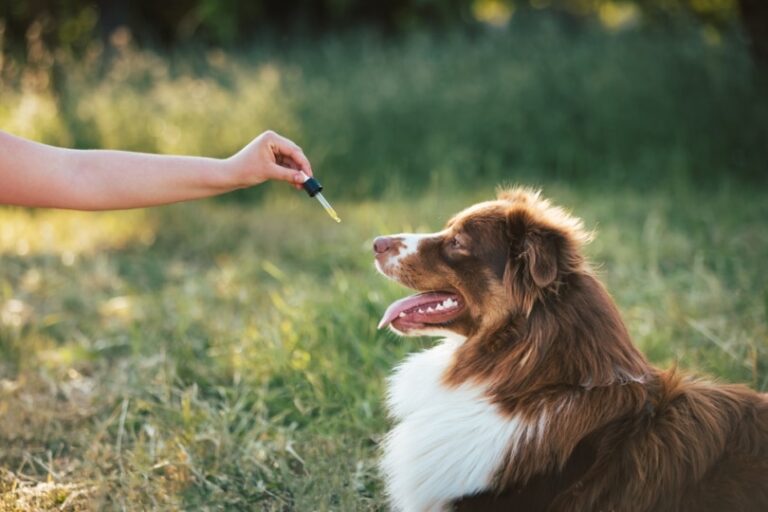CBD Oil for Dogs vs. Cats: Key Differences and Considerations
Introduction
As pet owners continue to search for natural remedies to support their animals’ well-being, CBD oil has emerged as a popular option for both dogs and cats. However, while CBD may benefit both species, it’s crucial to understand that dogs and cats process CBD differently. Their unique physiology, behaviors, and health needs mean that what works for one may not be ideal for the other.
In this blog, we’ll explore the key differences in how CBD oil affects dogs versus cats, how to choose the right products, and what safety considerations every pet owner should know before adding CBD to their pet’s routine.
Understanding CBD and How It Works in Pets
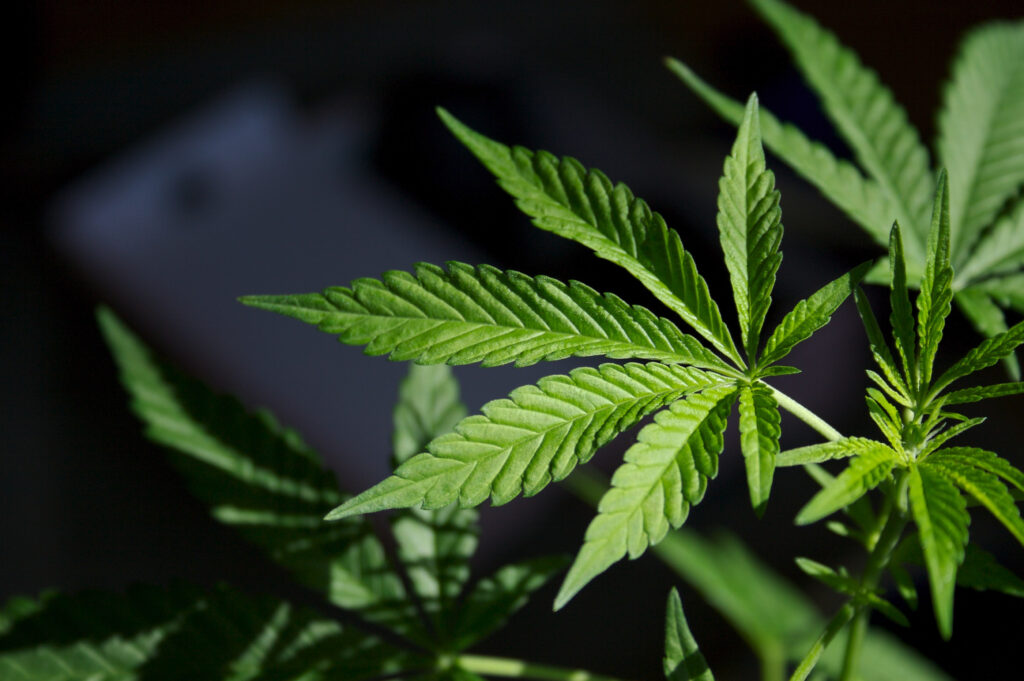
Cannabidiol (CBD) is a non-psychoactive compound found in the cannabis plant. It interacts with the endocannabinoid system (ECS), which helps regulate various bodily functions like pain, inflammation, mood, and immune response.
Dogs and cats both have ECS systems, but their bodies respond differently to cannabinoids. These differences impact:
- How CBD is metabolized
- What dosage is appropriate
- What conditions may benefit from CBD
Key Differences Between Dogs and Cats
While both dogs and cats can benefit from CBD, it’s important to recognize that they are not the same when it comes to how their bodies respond to it. Differences in biology, behavior, and metabolism mean that a CBD product—or dosage—that works well for a dog might not be appropriate for a cat. Understanding these species-specific variations is essential to ensure safe and effective use. In this section, we’ll explore the key physiological and behavioral differences between dogs and cats that influence how they react to CBD, helping you make better decisions tailored to your pet’s unique needs.
1. Metabolism and Sensitivity to CBD
Dogs are more sensitive to cannabinoids than cats, particularly THC (tetrahydrocannabinol), the psychoactive compound in cannabis. While quality pet CBD products are THC-free or contain trace amounts (<0.3%), it’s especially important to ensure no THC exposure in both species.
However, dogs tend to metabolize CBD more predictably than cats. In contrast, cats metabolize CBD differently, possibly due to their unique liver enzymes. This means cats may require different formulations or experience less predictable effects.
2. Behavioral Responses
CBD is often used to manage anxiety, stress, or hyperactivity. Dogs typically exhibit signs of anxiety through barking, destructive behavior, or pacing, and may show improvement with CBD relatively quickly.
Cats, however, tend to mask discomfort and stress. Behavioral issues in cats are subtler—such as hiding, over-grooming, or litter box changes. CBD can help calm anxious cats, but results may take longer to observe and vary more from one feline to another.
3. Common Health Concerns Treated with CBD
While some health concerns overlap, certain issues are more prevalent in one species than the other:
Dogs:
- Separation anxiety
- Joint pain and arthritis
- Epilepsy and seizures
- Post-surgery recovery
Cats:
- Chronic inflammation
- Digestive issues
- Stress from environmental changes
- Age-related decline (e.g., reduced appetite, mobility)
CBD may offer relief in both cases, but dosage and product type need to be species-specific.
Choosing the Right CBD Product for Your Pet
As interest in CBD for pets continues to grow, so does the variety of products on the market—oils, treats, capsules, topicals, and more. But not all CBD products are created equal, and choosing the wrong one could mean ineffective results or, worse, potential harm to your furry friend. Pets, like humans, have unique needs based on their species, size, health conditions, and sensitivities. That’s why it’s essential to look beyond flashy packaging and dig into the quality, formulation, and safety of the CBD product you’re considering. In this section, we’ll break down the most important factors to help you make an informed, pet-specific choice that promotes both safety and effectiveness.
1. Species-Specific Formulas
Always opt for CBD products formulated specifically for dogs or cats. These products take into account flavor preferences, metabolism, and dosing requirements. For example:
- Dog CBD oils often have bacon or chicken flavors.
- Cat CBD oils may include fish or salmon oil to entice picky eaters.
2. Broad-Spectrum vs. Isolate
- Broad-spectrum CBD contains various cannabinoids and terpenes (but no THC), offering enhanced therapeutic benefits via the entourage effect. This is often suitable for dogs.
- For cats, a CBD isolate (pure CBD) may be safer if they show sensitivity to other plant compounds.
3. Avoid Human CBD Products
Many human CBD products contain xylitol, essential oils, or flavorings that are toxic to pets, especially cats. Never give your pet a product designed for human consumption unless it’s approved by your vet.
Proper Dosage and Administration
When it comes to giving your pet CBD, getting the dosage right is just as important as choosing the right product. Too little may offer no noticeable benefits, while too much could lead to unwanted side effects like drowsiness or digestive upset. Because dogs and cats metabolize CBD differently—and each pet’s size, age, and health status varies—there’s no one-size-fits-all dosage. Understanding how to start slow, adjust gradually, and monitor your pet’s response is key to using CBD safely and effectively. In this section, we’ll guide you through the basics of proper dosing and the best ways to administer CBD to ensure your pet gets the full benefit without unnecessary risks.
1. Start Low and Go Slow
Each pet responds differently, so start with a low dose and monitor closely. Most pet CBD brands provide dosage guidelines based on weight. For example:
- Dogs: 0.2–0.5 mg of CBD per kg of body weight
- Cats: Start with 0.1–0.25 mg per kg
2. Delivery Methods
- Tinctures (CBD oil): Fast absorption, easy to adjust dose
- CBD treats: Convenient, but may be less accurate for dosing
- Topicals (for dogs): Useful for skin conditions and joint pain, not recommended for cats due to grooming habits
Place CBD oil directly in your pet’s mouth or mix it with food. Monitor for any side effects such as lethargy, gastrointestinal upset, or excessive sedation.
Safety Considerations
While CBD has the potential to offer a range of benefits for pets, safety should always come first. Not all CBD products are safe for animals, and using the wrong formulation—or the wrong dose—can lead to adverse effects, especially in sensitive pets like cats. From THC content to ingredient quality and third-party testing, several key factors can impact your pet’s health. Additionally, certain pets may have underlying conditions or be on medications that interact with CBD. In this section, we’ll cover the most important safety considerations every pet owner should understand before introducing CBD into their dog or cat’s routine. Taking the time to get informed can help you avoid mistakes and ensure your pet enjoys a safe, positive experience with CBD.
1. THC-Free is Non-Negotiable
Both dogs and cats are highly sensitive to THC. Even trace amounts can cause:
- Lethargy
- Vomiting
- Disorientation
- Ataxia (loss of coordination)
Only choose lab-tested, THC-free products intended for pets.
2. Third-Party Lab Testing
Always check for third-party lab results (COAs). These ensure the product:
- Contains the stated amount of CBD
- Is free from contaminants like pesticides or heavy metals
- Is THC-free (especially important for cats)
3. Consult Your Veterinarian
Before starting your pet on CBD, talk to a veterinarian familiar with cannabinoid therapy. They can help you:
- Determine safe starting doses
- Monitor for drug interactions
- Adjust based on age, health, and condition
Also Read: CBD vs. Traditional Medications for Dogs: Which Is Better for Pain Relief?
Conclusion
CBD can offer real relief for both dogs and cats, but species-specific considerations are essential for safe and effective use. Dogs may benefit from higher doses and broad-spectrum formulas, while cats require gentler, often more tailored approaches.
Whether you’re managing your dog’s arthritis or your cat’s anxiety, understanding these differences helps you make informed, compassionate choices. With proper vet guidance, quality products, and close observation, CBD can become a valuable part of your pet’s wellness plan.

